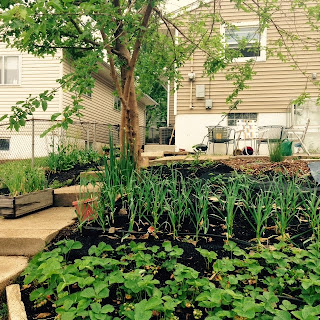Living and Giving to Community Through the Appropriate Life Stage
In women’s religious communities, our evolving nature has brought us from Women of Integrity (the Good Sisters) to Women of Justice (Post Vatican II) to the Next (Postmodern/post-postmodern Global Society). With this evolving view comes transition and some need to look at what stages of life are best suited to what tasks of the community. The tasks include caring for aging sisters; divesting of property and ministries; investing in mission leadership for those who will lead continuing ministries; and whether to die or to continue on. For those communities continuing to the Next, there are also the tasks of creating appropriate governance structures for those that will remain in religious life with very few members. Those appropriately assigned with the Next have the tasks of retaining members through the diminishment phases; bringing forth the next iteration of religious life and creating a foundation for future generations (read new membership) to have religious life as an option.In thinking about appropriate tasks and life stages I wondered, what would a view of community through an ecologically informed (clearly part of the Next) human development model look like? I found such a thing in Nature and the Human Soul: Cultivating Wholeness and Community in a Fragmented World by Bill Plotkin.
Dr. Plotkin, a psychologist was drawn to connect the psychological journey with the soul journey he experienced as a wilderness guide. He eventually developed the eight stages of eco-soul-centric human development centered on discernment rather than strictly chronological life stages.
While full chapters are available in the book describing each stage, here is a glimpse of the last four stages which have significance for adult communities.
Community Life through an Eco-Soul-Centric Lens
Dr. Plotkin, a psychologist learned to connect the psychological journey with the soul journey he experienced as a wilderness guide. He eventually developed the eight stages of eco-soul-centric human development centered on discernment of gifts rather than strictly chronological life stages. The last four stages have significance for adult communities.- Stage 5: Early Adulthood - The Wellspring (Soul Apprentice)
Gift to Community: Visionary action, hope, and inspiration
- Stage 6: Late Adulthood - The Wild Orchard (The Artisan)Gift to Community: Seeds of cultural renaissance
- Stage 7: Early Elderhood - The Grove of Elders (The Master)Gift to Community: Wholeness
- Stage 8: Late Elderhood - The Mountain Cave (The Sage)Gift to Community: Grace
Questions for consideration:
- Is there a stage that resonates for you?
- Am I engaging with community from my appropriate life stage?
- If I understand my life stage in relation to the others, can I give my gift to the community more fully and let others give their gifts?
--Contributed by Susan Wilcox CSJ




































